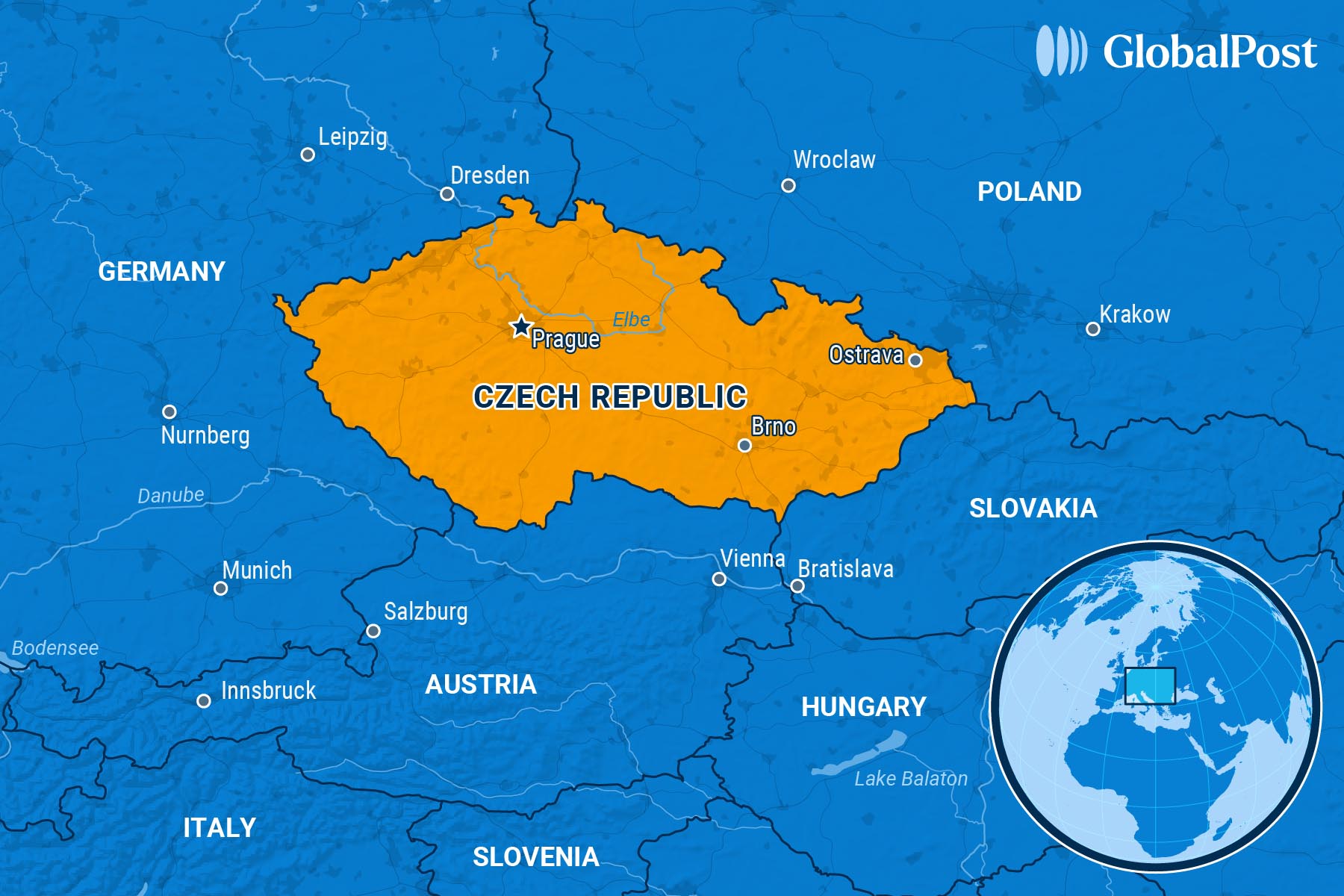Fight between the Haves And the Have-Nots Heats Up In the Czech Republic

Former Czech Justice Minister Pavel Blažek thought he was practicing good public relations in May when he announced the sale of 500 bitcoins for $46.7 million to digitize the Central European country’s judicial system, crack down on drugs in prisons, and secure housing for prison staff.
But Czechs soon discovered that the funds were a portion of 1,500 bitcoins worth $163 million that the Czech government had seized from notorious violent drug trafficker Tomáš Jiřikovský. Convicted in 2017, Jiřikovský had been trying to reclaim his cryptocurrency since he left prison in 2021. As Le Monde explained, Blažek gave Jiřikovský two-thirds of the seized cryptocurrency in return for the felon “donating” a third of the funds to the government.
The minister wound up resigning as a result of the scandal, which the Economist described as good news for the “Czech Donald Trump,” – Andrej Babiš, the former far-right, populist prime minister who is now seeking to return to power.
Opposition parliamentarians allied with Babiš quickly called a no-confidence vote in the conservative coalition government of current Prime Minister Petr Fiala, the Associated Press reported. The move was one of many such moves in the country’s dysfunctional parliament, analysts said.
Fiala survived the vote, but Babiš’s allies are expected to win a majority in a particularly sensitive general election for a new parliament in early October.
A billionaire, Babiš is a Euroskeptic who has resisted Western political pressure to enact measures against Russia due to the invasion of Ukraine. He has pledged to defy American President Donald Trump’s demand that NATO countries spend 5 percent of their gross domestic products on their militaries, for instance.
“I’m a politician working for the Czech people and we are not subordinates, and maybe somebody has to explain to Mr. Trump that 5 percent is not realistic,” Babiš told the Financial Times. “If Trump says that I have to jump from the window, I will not jump.’’
Babiš is under pressure, too, though. He needs to make sure small parties that would support him garner at least 5 percent of the vote in order to qualify for parliamentary seats, the Polish publicly owned news service TVP World wrote. Otherwise, he might need to partner with Japanese-Czech entrepreneur Tomio Okamura’s far-right Freedom and Direct Democracy political party.
Okamura’s party promotes “Czexit,” or the country leaving the European Union, Euractiv reported. He would also ban the “promotion” of Islam and crack down on migrants, including Ukrainian refugees in the country. Babiš doesn’t necessarily want the headaches that partnering with Okamura might bring, however.
Still, Babiš and his party are ahead in the polls, four years after being ousted by a public and their representatives fed up with his shenanigans – during his administration, the country saw the largest anti-government protests since the 1989 revolution.
“It’s going to be very, very difficult to beat Babiš,” Otto Eibl, a political scientist at Masaryk University in Brno, told Balkan Insight. “The mood in the public is very bad right now towards Fiala and SPOLU, the Czech center-right political alliance composed of the Civic Democratic Party, KDU-ČSL, and TOP 09, that governs the country. We could say that roughly half of the population hates them, while the other half feels disappointed by them.”
“The population doesn’t really want to remember Babiš’ first (term),” he added. “They mostly remember that they were getting more for their money’s worth than they do today – and that’s what matters.”

Subscribe today and GlobalPost will be in your inbox the next weekday morning
Join us today and pay only $46 for an annual subscription, or less than $4 a month for our unique insights into crucial developments on the world stage. It’s by far the best investment you can make to expand your knowledge of the world.
And you get a free two-week trial with no obligation to continue.
